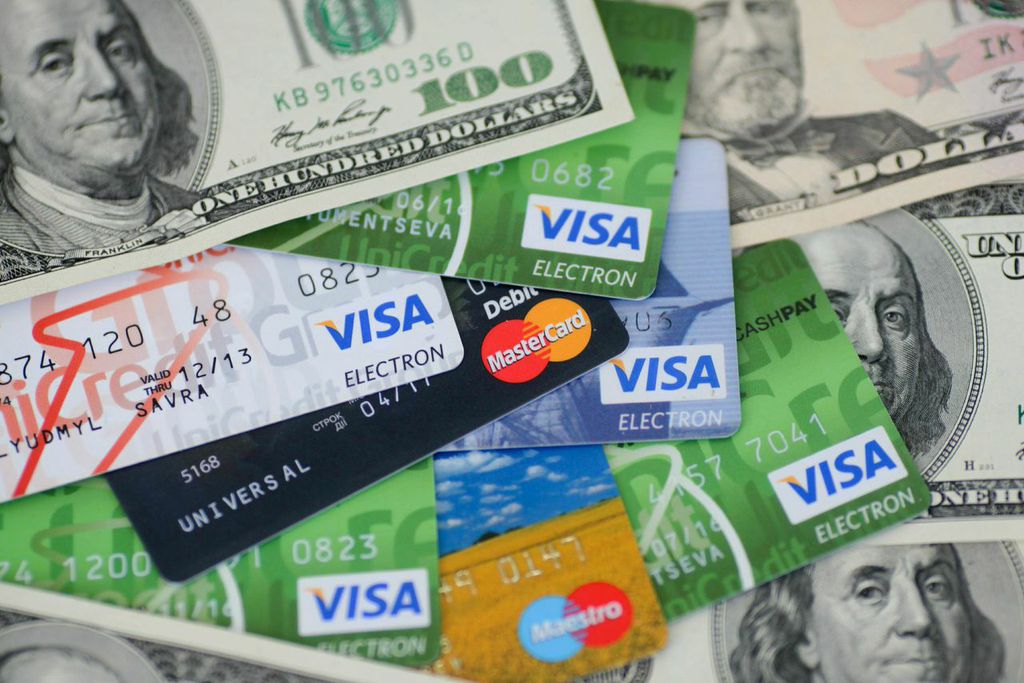
The short answer is no. Credit monitoring does not hurt your credit score.
According to Experian:
“If consumers access their own credit reports, it does not have any effect on their credit scores. Reviewing a credit report results in what is called a “soft pull,” or “soft inquiry,” meaning it will only be seen on a personal credit report. When a consumer applies for credit, the lender will review the applicant’s credit report, and a “hard inquiry” will be added. Hard inquiries are shown to other lenders because they may represent new debt that doesn’t yet show on a credit report as an account. Hard inquiries can affect credit scores. Everyone should check their reports at least annually. It’s part of good credit management.”
All three of the major credit reporting bureaus—Equifax, Experian, and TransUnion—are required by law to provide consumers one free copy of their credit report every year. At AnnualCreditReport.com you can request your report from all three of the major bureaus. You can view your report online or they will mail you a copy. If you view your report online, it’s a good idea to print a copy of the report for reference.
Additionally, for a relatively modest fee, you can access your credit report every month and get notified any time there’s a change to your credit score. This is how I monitor my personal credit score.
Regularly monitoring your personal credit is a great way to identify errors early. The credit bureaus are interested in keeping their information as accurate as possible, so they are willing to correct mistakes. You might have to jump through some hoops to verify there is a mistake, but they are anxious to correct any verifiable errors on your report.
As a small business owner, your personal credit score is every bit as important as your business score. Keeping on top of your personal score will make it easier to get a small business loan and even help you qualify for the best rate.